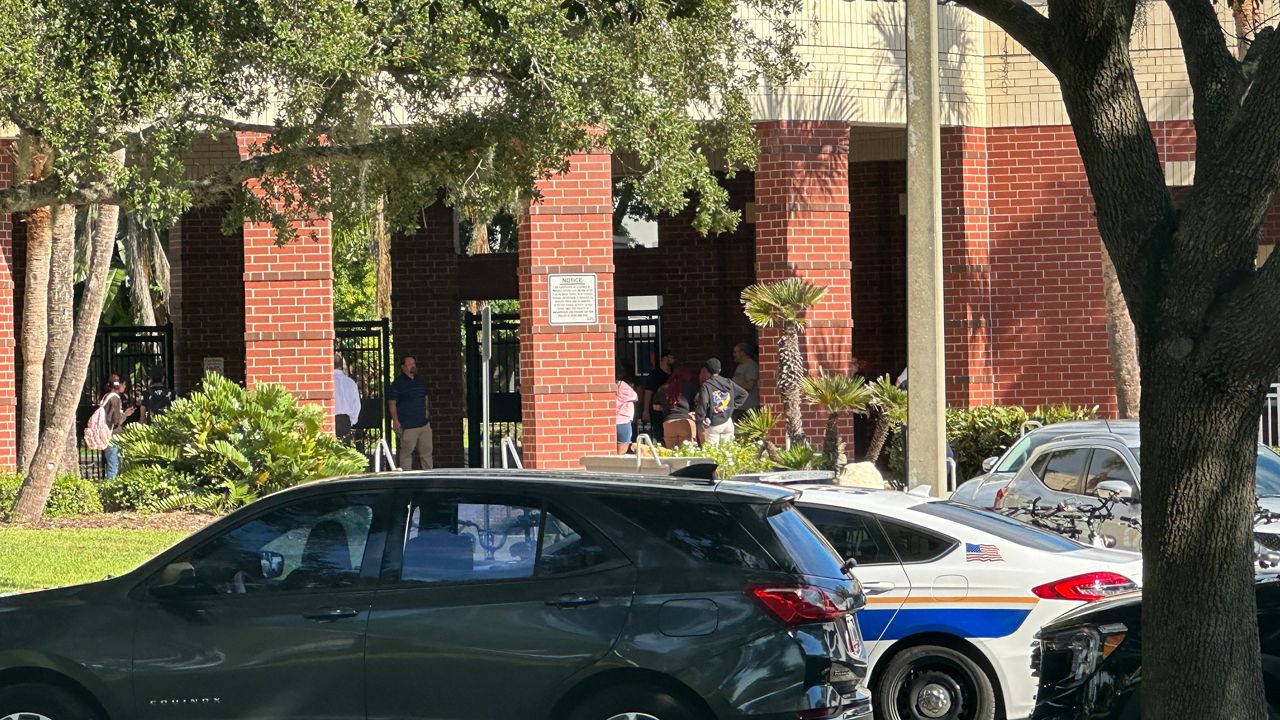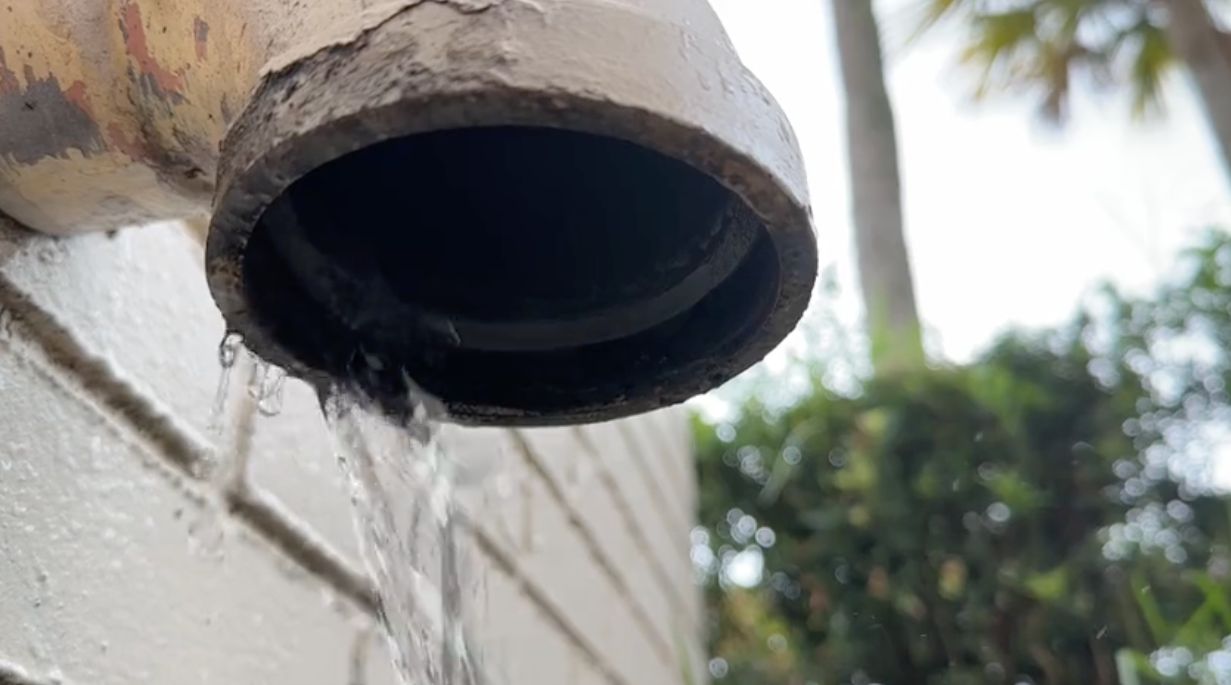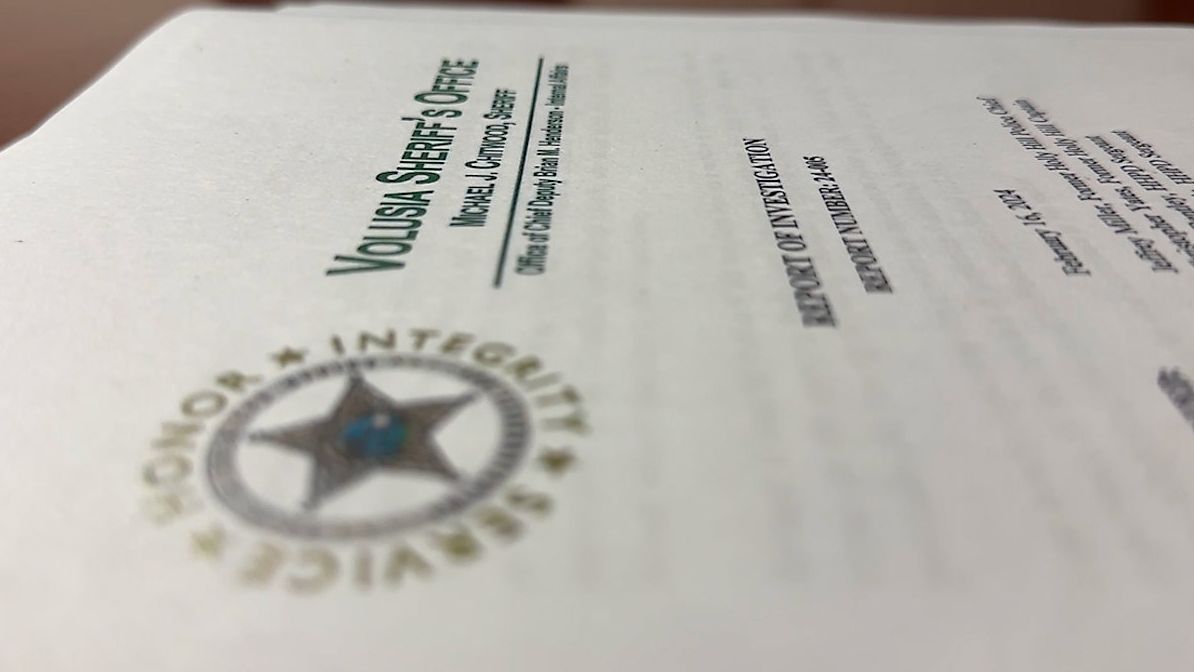FLORIDA — An FBI report released this year ranked Florida second in the nation for the number of elder fraud complaints in 2023.
What You Need To Know
- An FBI report shows Florida ranked second in the nation for elder fraud complaints in 2023
- The Federal Trade Commission said imposter scams are at the top of fraud cases across the country
- One Central Florida woman lost over $40,000 from Chase Bank after she received a call from customer service imposters
The Federal Trade Commission also reported imposter scams are at the top of fraud cases occurring across the country, with more than $2.5 billion reported in losses.
Karen Roe knows firsthand what it’s like to be a victim of fraud.
Roe lost tens of thousands of dollars from her Chase Bank accounts. In March 2023, she received a call from what she thought was the bank’s customer service security line, saying they wanted to verify what appeared to be fraudulent activity out of state.
Roe said the “customer service representative” walked her through the process of switching her money into new accounts, but first they needed access codes — all part of multi-identification security checks that the banks require.
“I gave them the code well at that point. That was what gave them access to everything of mine online, and I had no idea. Next morning, 9 o’clock came, he never called me and $27,000 is missing from my business account and $19,000 is missing from the nonprofit I was president of. Not even my money,” she said.
Roe said she immediately called the bank and found out that she had not spoken with someone from Chase customer service, but with an imposter. She also received a letter from the bank manager, confirming this was fraud.
She said her money was transferred to Wells Fargo bank accounts in New Mexico. While she has tried to get her money back, Roe said it has been an uphill battle since she gave the imposters the verification code.
Roe has filed reports with the Seminole County Sheriff’s Office and the FBI, wanting to caution others who may be vulnerable to fraud like her 79-year-old mom.
“I’m always looking at her stuff and going through her stuff, and saying, ‘No mom, don’t respond to that. Don’t even open that. When they call you on the phone, don’t answer phone calls that you don’t know the number, who it is?’” Roe said.
The FBI report also detailed the number of fraud cases in the U.S. involving people over 60 years of age, increased by 11% from 2022 to 2023.
Florida is the second highest state for the number of fraud complaints from people in that age range. California leads the country, with Texas ranking third.
“Well, it’s the perfect storm here in Florida. We have a large elderly population, and we have people who have worked basically their whole life, so they have a significant amount of discretionary income. The bad guys know this, so they target this area,” said FBI Special Agent Keith Givens.
According to the FBI report, seniors in Florida reported losing nearly $300 million because of fraud schemes. The FBI works with the U.S. Attorney’s Office to help victims recover lost funds.
Givens said the agency has a 40-70% recovery rate.
“The FBI has an awareness campaign, where we tell everybody about what the fraud is, what they can do to be less likely to be victimized by the fraud, and then what to do if they are, in fact, a victim of the fraud,” Givens said.
U.S. Attorney for the Middle District of Florida, Roger Handberg, works hand-in-hand with the FBI.
“The sooner that you can report it to law enforcement, the quicker we are going to possibly be able to do something. The first goal is to try and reverse the transaction if there is any way we can do that,” Handberg said.
Handberg specializes in white-collar crimes. He says he wants people to be aware that fraudsters are always looking for their next victim.
Roe now knows to be extra vigilant and encourages others to do the same.
“It’s really scary what is happening out there. I mean, if it happened to me, and now they are targeting elderly people, and they have no idea,” she said.
Chase Bank sent a statement to Spectrum News, responding to this case:
“Our customer fell victim to a scam. Consumers should always be suspicious of people asking them to send money to prevent fraud. Banks won’t make these requests, but scammers will.” — Chase spokesperson.
Here are some tips from Chase Bank to avoid becoming a victim of fraud:
- Scammers can “spoof” phone numbers. The caller ID can say the call or text is from your bank, even though it’s not. They do this to trick people into providing their personal or financial information or to get them to send money.
- Remember, even if your caller ID says a call or text is from Chase, it could be a scam. When in doubt, hang up and call your bank directly.
- If you want to be sure you are talking to a legitimate representative of your bank, call the number on the back of your card or visit a branch.
- Consumers should protect their personal account information, passwords and onetime passcodes.
- Always double check who you are sending money to. Once you send money, you might not get it back.
- To learn more about common scams and ways to protect yourself, visit www.chase.com/security.
Here is how you can report fraud in Florida https://www.myfloridacfo.com/safe/report-fraud-and-scams.











